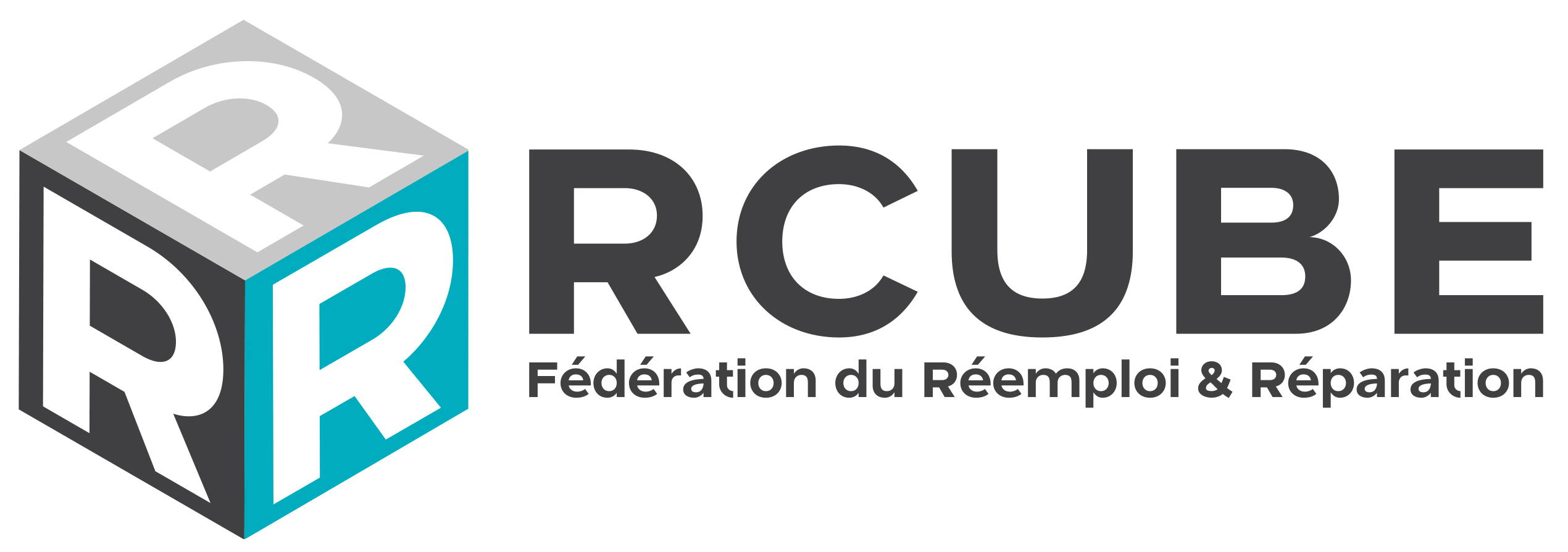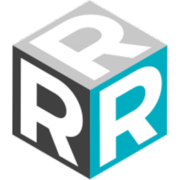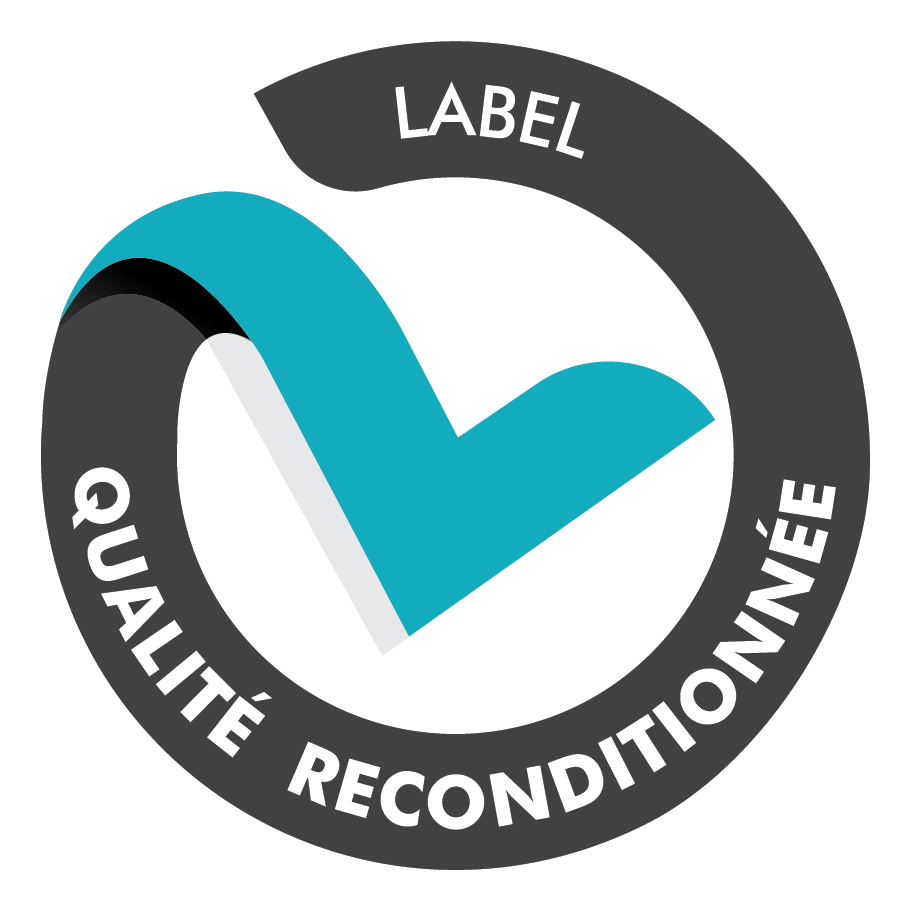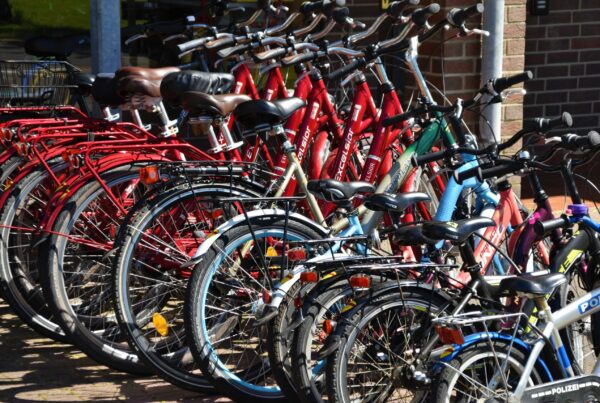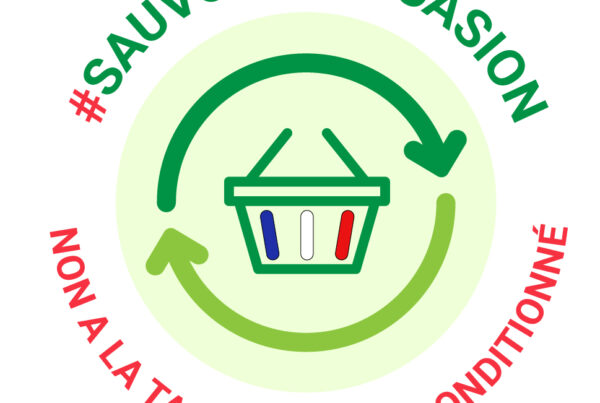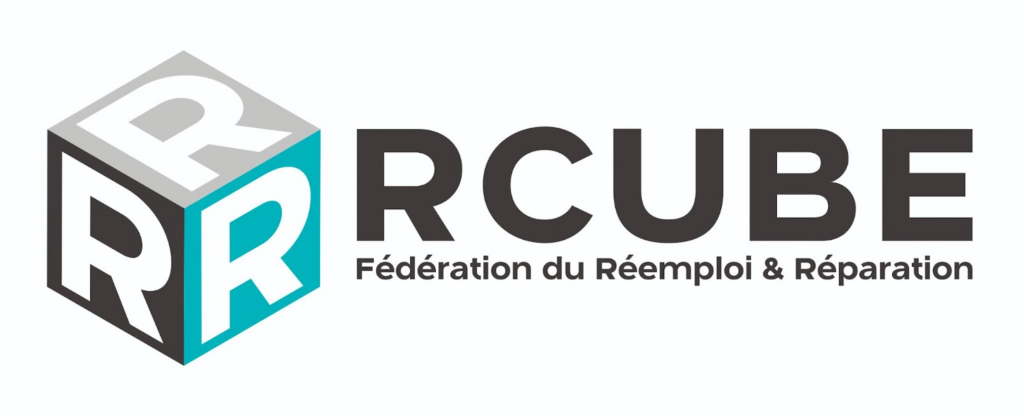
The Reuse federation, Rcube, announces the arrival of Orange among its members, making it the first telecom operator in 2023 to choose only to refer suppliers who have obtained the RECQ label following an audit by DEKRA Certification.
Orange has asked all its suppliers of reconditioned products to be audited by auditors independent of DEKRA and according to the standards created by RCube. Suppliers who have been audited and meet the criteria have been awarded the RECQ label and will be distributed by Orange. Cf. Orange press release:
The RECQ label: Europe's 1st quality label for refurbished products
The "RECQ REConditionné de Qualité" label aims to guarantee the quality of professionally reconditioned second-hand products that are good for the planet and your wallet, through audits carried out by independent auditors. The label currently covers the reconditioning of the following products: telephones, computers, car tires and industrial electrical equipment. It will soon be extended to other product families, such as toys, gardening and DIY equipment, bicycles and household electrical appliances.
Why label the refurbishing market?
The second-hand market is booming but is confronted with a very heterogeneous product quality, which fuels buyers' fears about the real condition of the product and the absence of a quality guarantee.
The second-hand sector in France counts over 6,500 players who refurbish, produce or sell refurbished items in stores, online or via marketplaces.
For example, in 2019, the Direction Générale de la Concurrence, de la Consommation et de la Répression des Fraudes (DGCCRF) inspected 113 establishments and found breaches in almost 50% of them.
The control and therefore the quality of the products available remain very uneven, especially on online sales and via Marketplaces. Some of the causes identified are: lack of information on the provenance and actual condition of the product, non-compliance with tax regulations (e.g. non-payment of VAT or Eco-contribution) and the risk of technical non-conformity. In addition to these numerous malfunctions, there is the abusive use of the terms "manufacturer's warranty" and the notion of certification.
The French Anti-Waste and Circular Economy Act (Loi Anti-gaspillage et pour l'Economie Circulaire - AGEC) has taken up the challenge of reconditioning, by legislating on the conditions for using the term "reconditioned", on consumer information obligations, and by facilitating reuse and extended product life.
A demanding approach
Building on these regulatory developments, to offer additional guarantees and address the sector's shortcomings, RCUBE, with the support of DEKRA Certification, have created the "RecQ" label, an acronym for "REConditionnement de Qualité".
Inspired by the system used for the Agriculture Biologique (AB) label, the RecQ label recognizes products and players that respect good practices, particularly in terms of collection, testing, cleaning, data deletion, repair and resale.
By combining the assessment of regulatory compliance with environmental issues and the rules of the French Consumer Code, the RecQ "RECONDITIONNMENT DE QUALITE" label encourages the act of purchasing quality products that are sustainable over time, and provides transparent information to consumers.
This labeling process is a pragmatic way of combating resource depletion and protecting the environment.
What guarantees does the "RECQ" label provide?
The label is based on compliance with demanding specifications, covering some thirty criteria in addition to the applicable regulations.
A product with the "RecQ" label offers guarantees on:
- Comprehensive diagnostics of all device functions and repairs,
- The safety and quality of the reconditioned product,
- Used product trade-in conditions that respect the interests of the seller, including data confidentiality,
- The provision of clear information on the actual condition of the product, its components, accessories, warranties and associated after-sales services to reassure the consumer,
- Quality criteria specific to each product (for example, cell phone batteries must be at least 80% efficient when new),
How to obtain the Label
The RCUBE association manages and administers the label and its standards. Candidates submit an application to the RCUBE.org-led labeling committee, made up of independent experts. They must also sign a charter of commitment to responsible reuse, and provide administrative evidence to justify the admissibility of their application.
Following this preliminary examination, DEKRA Certification, an independent certification and auditing body, carries out a diagnosis including a physical and technical visit to the reconditioning site, carried out by a qualified auditor, in order to verify the compliance of the applicant and the products with the standards.
At the end of the audit, any non-conformities identified must be corrected within six weeks. A final report will then be drawn up and forwarded to the applicant and to the labeling committee, which will decide by a vote of its independent members on the right to use the label. The operator is awarded the label for a period of 3 years.
Candidates can complete their self-diagnosis in 5 minutes here.
Specifications and application documents are also available.
Find us directly on the Rcube.org website.
In this way, the label is part of a continuous improvement approach. The label built by RCube since 2016 helps strengthen the refurbished market.
ABOUT US
RCUBE
RCUBE federates players in the reuse and repair sectors. Today, it has over 100 members (associations, companies, independents, startups, distributors, manufacturers, stakeholder networks, etc.) from various market, non-market and social economy (SSE) sectors.
The federation has the following objectives:
- Creating a virtuous circular economy
- Developing sustainable consumption patterns
- Combating the waste of used equipment that can be reused
- Promoting cohesion and cooperation between players in the second-hand and reuse sector
- Reassure consumers through the creation and development of best practices.
Its members work in a number of commissions and working groups to co-construct common projects, such as the "RECONDITIONNEMENT DE QUALITÉ" label, the CiFREP (Commission inter-filière Responsabilité Élargie des Producteurs), the Conseil National de l'Economie Circulaire and other commissions (litter, packaging, furniture, buildings, etc.).
contact@rcube.org
DEKRA Certification
DEKRA Certification is the certification subsidiary of the DEKRA Group, one of the world leaders in testing, inspection and certification.
Since 1999 and with over 8,000 customers, DEKRA Certification offers a wide range of services in the fields of quality and performance, health and safety at work, and supports organizations in their corporate social responsibility policies.
Dekra Certification's impartiality and competence have been widely recognized by institutions, accreditation bodies and professional bodies, making it a truly trusted third party. Thanks to its extensive network of specialized auditors, Dekra Certification is a major player in the auditing of management systems, products/processes/services, skills, certification and labeling.
dcs.fr@dekra.com - www.dekra-certification.fr
Press contact
Rcube
Nadjib Renai - nadjib.renai@rcube.org
DEKRA
Frédéric Duvignaud - frederic.duvignaud@dekra.com
Link to Rcube press release:
CP-Orange-label-RECQ-Qualite-Reconditionne-Rcube
